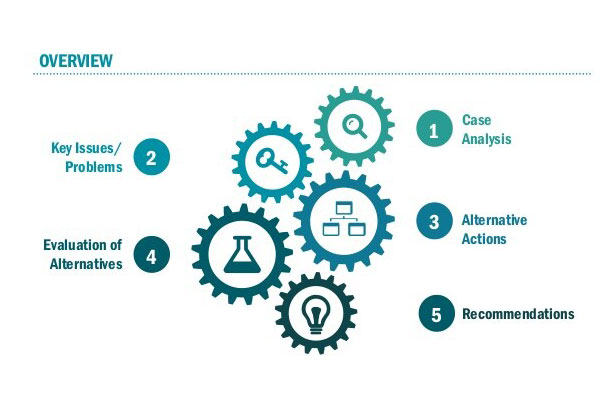DevOps, like all new technology or tech related movement that involves the industry, has become a buzzword. Everyone talks about it, not everyone knows what it’s all about and worst of all, many of those who claim to undertake to thereto do a terrible job. There are some excellent samples of companies who have excelled and are at the vanguard of the DevOps movement – the usually cited Etsy, Facebook and Netflix come to mind. But even here there’s contention and debate on what truly is that the simplest approach to DevOps.
DevOps (a portmanteau of development and operations) may be a software development method that stresses communication, collaboration and integration between software developers and knowledge Technology(IT) professionals. DevOps could also be a response to the interdependence of software development and IT operations. It aims to help an organization rapidly produce software products and services.
What is DevOps, anyway?
The word “DevOps” could also be a mashup of “development’ and “operations” but it represents a gaggle of ideas and practices much larger than those two terms alone, or together. DevOps includes security, collaborative ways of working, data analytics, and much of other things. But what’s it?
DevOps describes approaches to speeding up the processes by which an idea (like a replacement software feature, a call for participation for enhancement, or a bug fix) goes from development to deployment during a production environment where it can provide value to the user. These approaches require that development teams and operations teams communicate frequently and approach their work sympathetically for his or her teammates. Scalability and versatile provisioning also are necessary. With DevOps, people who need power the foremost , get it—through self service and automation. Developers, usually coding during a typical development environment, work closely with IT operations to hurry software builds, tests, and releases—without sacrificing reliability.
Of course, this means more frequent changes to code and more dynamic infrastructure usage. Traditional management strategies can’t continue with this type of demand. You’re going to need to change a few of things to supply you an edge.
What do containers need to do with DevOps?
DevOps accelerates how an idea goes from development to deployment. At its core, DevOps relies on automating routine operational tasks and standardizing environments across an app’s lifecycle. Containers offers standardized environments, but you’d sort of a platform to manage them that also offers built-in automations and support for any infrastructure.
DevOps helps you scale through continuous deployment
A major outcome of implementing DevOps could also be endless integration and continuous deployment pipeline (CI/CD). CI/CD helps you deliver apps to customers frequently and validate software quality with minimal human intervention.
Specifically, CI/CD introduces ongoing automation and continuous monitoring throughout the lifecycle of apps, from integration and testing phases to delivery and deployment, so you’ll quickly identify and proper problems and defects. Taken together, these connected practices are often mentioned as a “CI/CD pipeline” and are supported by development and operations teams working together in an agile way.
DevOps & security
As we mentioned earlier, DevOps isn’t almost development and operations teams. so as to need full advantage of a DevOps approach, organizations must consider how security plays a task within the life cycle of their apps. this suggests thinking about core security from the planning phase onward. It also means automating some security measures to remain the DevOps workflow from slowing down. Selecting the right tools to integrate security can help meet your DevOps security goals.
But effective DevOps security requires quite new tools—it builds on the cultural changes of DevOps to integrate the work of security teams sooner rather than later. DevOps speeds things up by closing the gap between development and operations, but the speed gained are often undermined by poor security planning.
Security used to be the exclusive responsibility of an isolated team—tacked on within the top of development. Now, during a collaborative DevOps framework, security could also be a shared responsibility, integrated from the start .






































